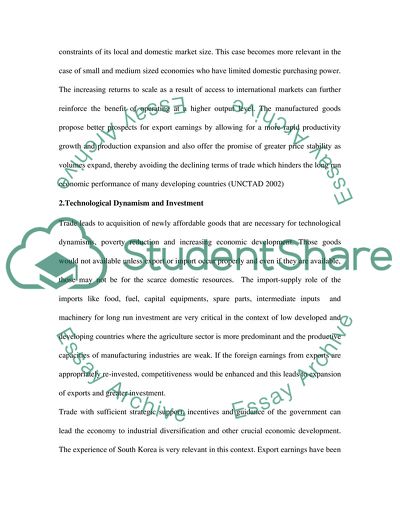Cite this document
(“Critically assess the Role of Trade in Development Essay”, n.d.)
Critically assess the Role of Trade in Development Essay. Retrieved from https://studentshare.org/miscellaneous/1573903-critically-assess-the-role-of-trade-in-development
Critically assess the Role of Trade in Development Essay. Retrieved from https://studentshare.org/miscellaneous/1573903-critically-assess-the-role-of-trade-in-development
(Critically Assess the Role of Trade in Development Essay)
Critically Assess the Role of Trade in Development Essay. https://studentshare.org/miscellaneous/1573903-critically-assess-the-role-of-trade-in-development.
Critically Assess the Role of Trade in Development Essay. https://studentshare.org/miscellaneous/1573903-critically-assess-the-role-of-trade-in-development.
“Critically Assess the Role of Trade in Development Essay”, n.d. https://studentshare.org/miscellaneous/1573903-critically-assess-the-role-of-trade-in-development.


